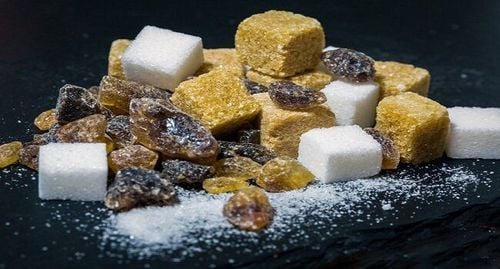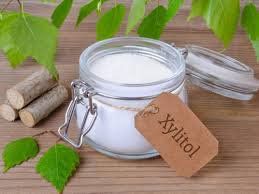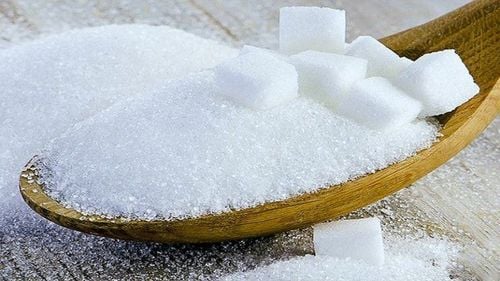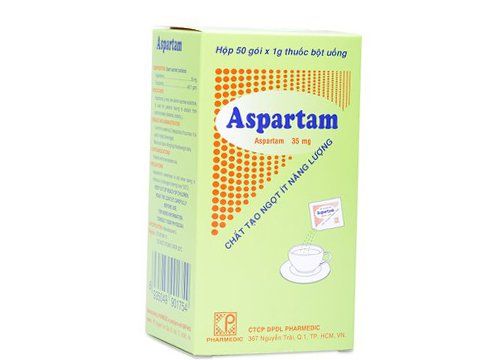This is an automatically translated article.
Sugar is an integral part of the food we consume. But too much sugar is not ideal for our teeth and waistlines. There have been some controversial suggestions that too much sugar may play an important role in a number of degenerative diseases. So artificial sweeteners or artificially sweetened products continue to attract consumers.
1. What is a sugar substitute?
Sugar substitutes are chemical or plant-based substances used to sweeten or enhance the flavor of foods and beverages. You may have heard them called "artificial sweeteners" or "no-calorie sweeteners". They can be used as a tabletop sweetener or as an ingredient in prepared foods and beverages. Most sugar substitutes are many times sweeter than sugar. Smaller amounts of these sugar substitutes are needed for the same sweetness. Some sugar substitutes are low in calories. Others have few or no calories.
Sugar substitutes are regulated by the Food Safety Authority as food additives. This means scientific evidence to be sure that a sugar substitute is safe before it can be used in foods and beverages.
2. Benefits of Sugar Substitute Sweeteners
Sugar substitute sweeteners provide sweetness and enhance the flavor of foods without the added calories of sugar. Unlike sugar, they do not contribute to tooth decay. Most of them do not raise blood sugar levels. This can be helpful if you have diabetes and have to be careful about how much sugar you consume.
Sugar substitutes can also be helpful if you're trying to control your calorie intake. They are found in most light, reduced-calorie and sugar-free foods and beverages today. Although sugar substitutes have fewer calories than sugar, it's best to limit them and focus on healthy food options. Fruits, vegetables, lean meats and whole grains are the best sources of nutrients for your body.
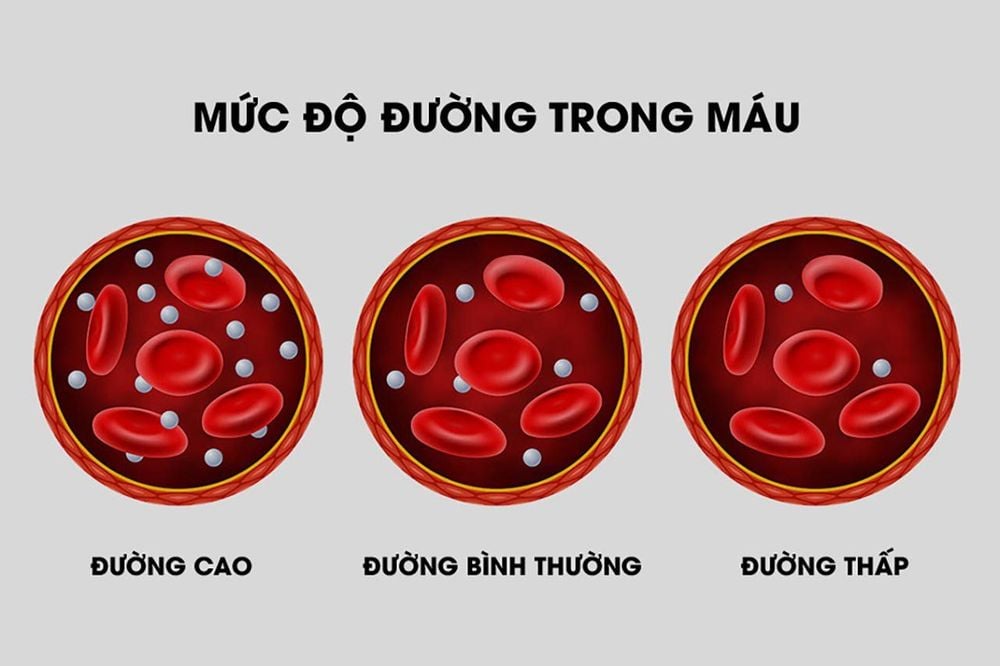
Chất ngọt thay thế đường hầu hết chúng không làm tăng lượng đường trong máu
3. How do I know if a food or drink contains a sugar substitute?
Sugar substitutes are used in a wide variety of processed foods and beverages, including baked goods, soft drinks, powdered beverage mixes, candies, puddings, canned foods, jellies, and other products. Milk Products. Check the ingredients list on the nutrition facts label for the names of sugar substitutes. This list provides the ingredients in descending order by weight. Unless you've added a sugar substitute yourself, it's often difficult to know exactly how much sugar a food or drink contains.
4. The 4 safest sweeteners and some to avoid altogether
4.1. Safe Sweeteners The best and safest sugar substitutes are erythritol, xylitol, stevia leaf extract and neotame with some caveats:
Erythritol: Large amounts (more than about 40 or 50 grams or 10). or 12 teaspoons) this sugar alcohol sometimes causes nausea, but smaller amounts are okay. (Sensitivity varies between individuals.) Erythritol, a small amount that occurs naturally in some fruits, is about 60 to 70 percent sweet as table sugar and has as much as one-twentieth of a calorie. Unlike high-potency sweeteners, erythritol provides large amounts of sugar and "appetite".
- Xylitol : This sugar alcohol, which occurs naturally in birch trees and some other plants, is as sweet as table sugar and has about 3/4 calories. Too much xylitol (about 30–40 grams or 7–10 teaspoons, although sensitivities vary) can produce a laxative or gastrointestinal upset.
- Sweetener Leaf Extracts : Stevia leaves have long been consumed in Japan and we consider the extracts from those leaves to be safe, although further work is needed additional safety tests (especially long-term tests for cancer). That's because some short-term trials have found that certain stevia-related substances cause mutations and other changes in DNA, but stevia has been tested for cancer in only one species. (mice) instead of two species as is usually recommended.
- Neotame : We also rate this as one of the safest sugar substitutes, but taste problems limit its use.
If you find that some sugar substitutes taste best in different foods, you can keep a few in your cupboard. Note, however, that while any sweetener can be used in cold beverages, for baking you will need a sweetener that can retain heat.
4.2. Which sugar substitutes should you avoid? Aspartame topped our list of sugar substitutes to avoid, as it caused cancer in three independent studies using lab and lab rats.
We also recommend avoiding saccharin because evidence from human and animal studies, although inconsistent, that it may increase cancer risk.
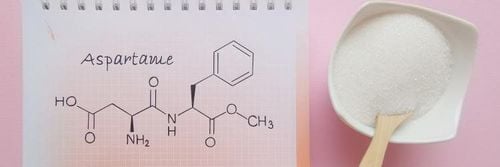
Aspartame là cái tên đứng đầu danh sách các chất thay thế đường
5. What are the safest sugar substitutes for children?
It is especially important for children to avoid consuming any substance that may pose a risk of cancer or other chronic diseases, because their bodies are still developing and because they may present an illness. as cancer has a longer latent period. For that reason, we recommend that children avoid aspartame, acesulfame-K, cyclamate, saccharin, and sucralose.
Among the safest sugar substitutes for children is erythritol, although too much can cause nausea. Limited amounts of other sugar alcohols are safe for children, although too much can cause diarrhea. Neotame, although rarely used, also appears to be safe.
6. Are all sugar substitutes appropriate for people with diabetes?
Sugar substitutes do not contain carbohydrates and most studies indicate that they do not raise blood sugar. However, foods containing them are not necessarily carbohydrate-free or low-carb, even if they claim to be "sugar-free," "reduced sugar," or "no added sugar."
Always check the Nutrition Facts panel and ingredient lists on food packages. For example, even if you buy a sugar substitute as a top-of-the-line sweetener, puffing agents, such as dextrose and maltodextrin, may still be present. Those ingredients add a small amount of carbohydrates (and calories).
Drinks, desserts and other foods with sugar substitutes can still be high in calories, so check the label again. If you use large amounts of these products, the calories can start to add up.
Please dial HOTLINE for more information or register for an appointment HERE. Download MyVinmec app to make appointments faster and to manage your bookings easily.




